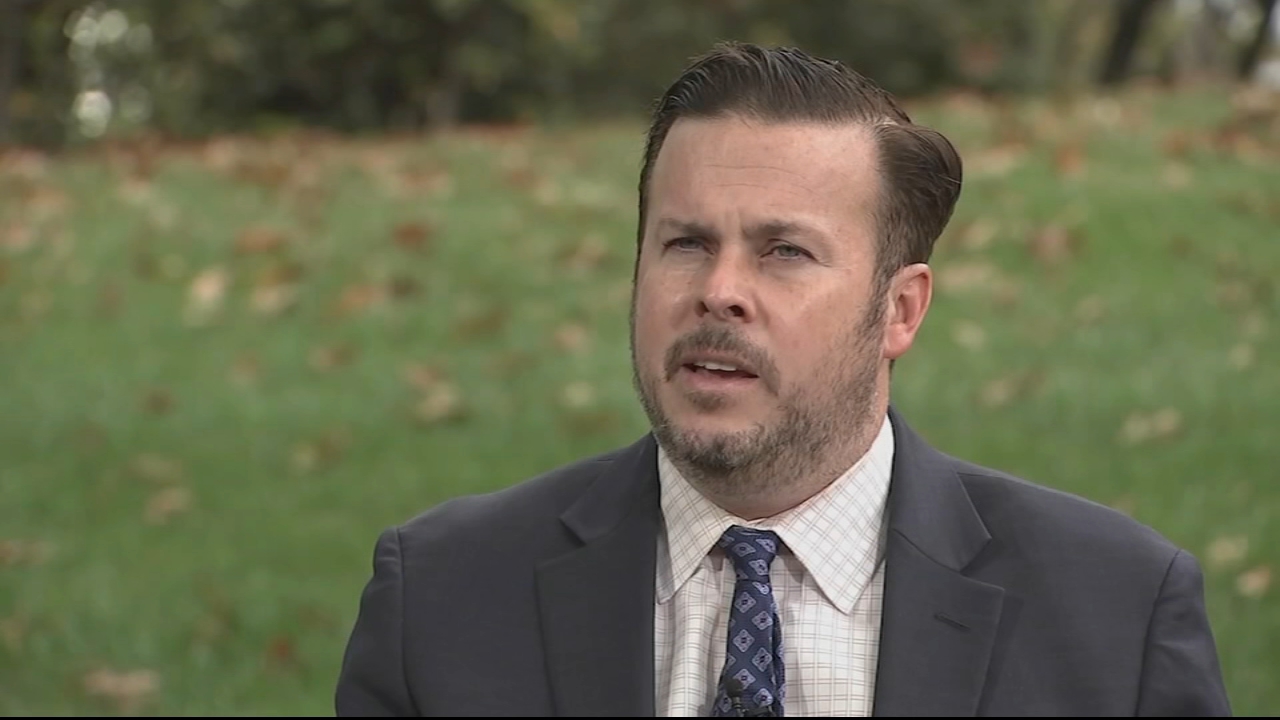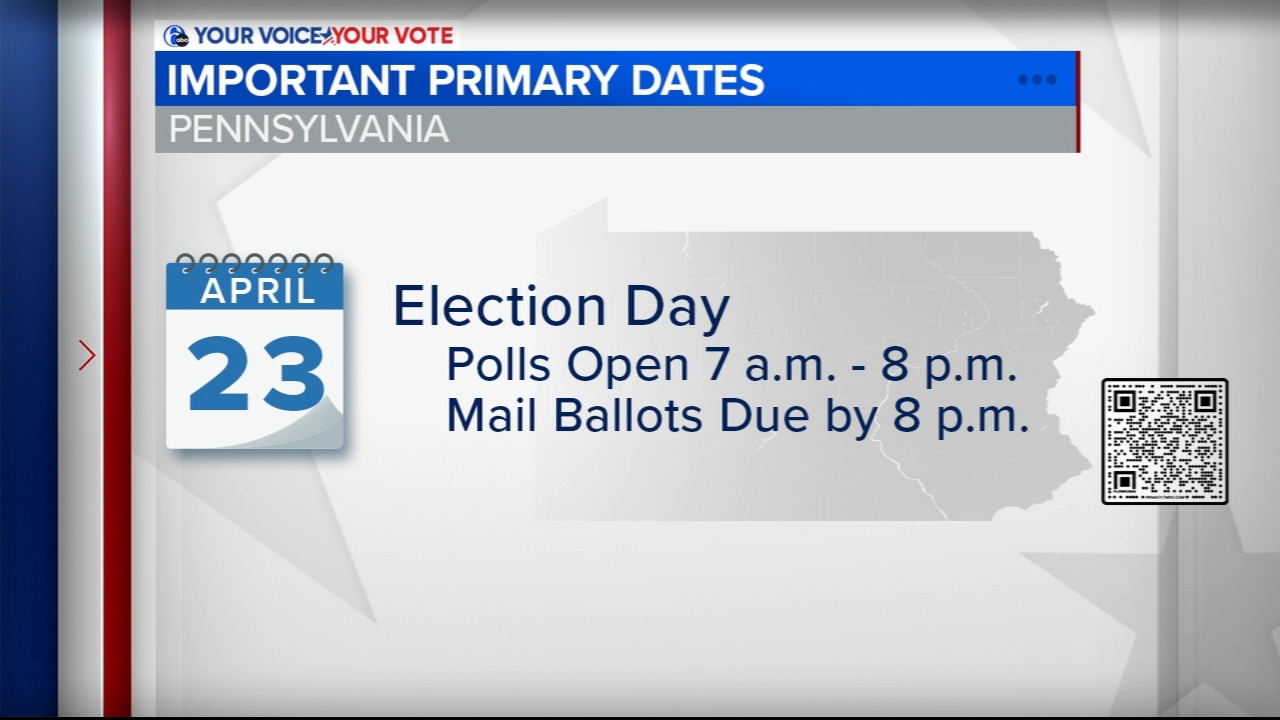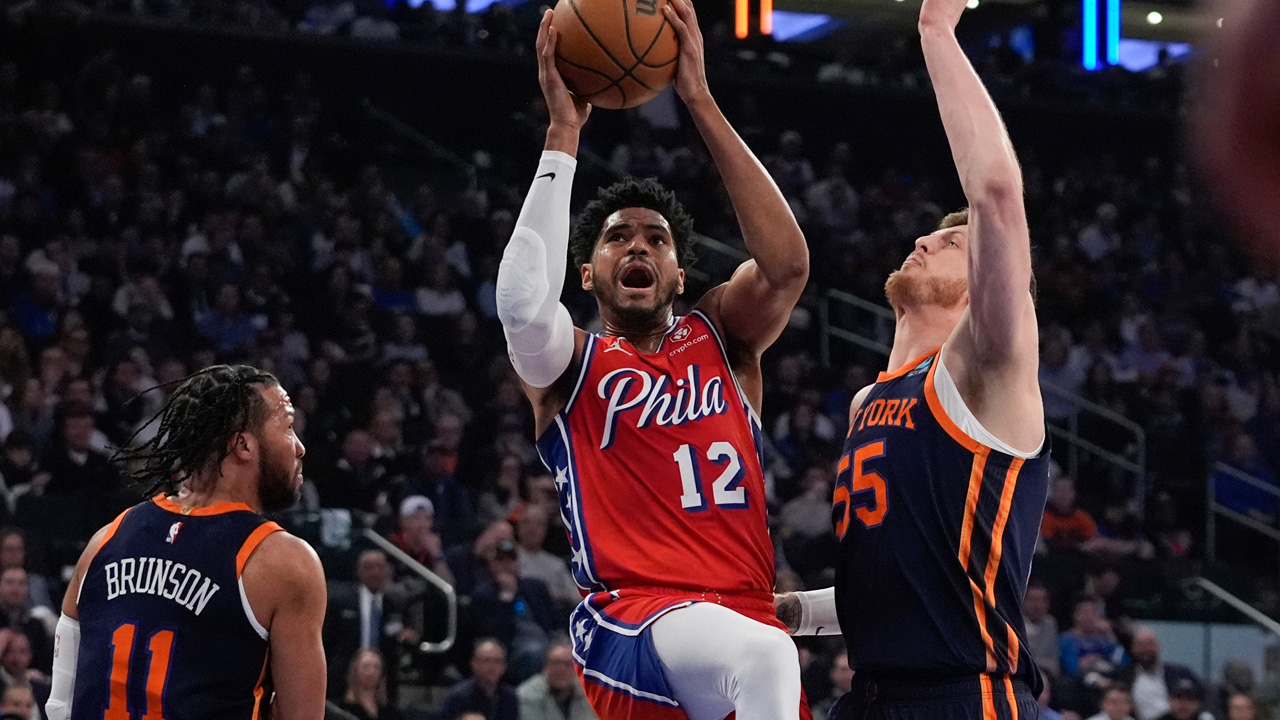New study aims to help African Americans better beat breast cancer

PHILADELPHIA (WPVI) -- For decades, African American women had lower rates of breast cancer than Caucasian women. But the rates are now rising and survival continues to be lower.
A local team is going beyond the numbers, to find ways to help women of color beat the odds of breast cancer.
For these women, fighting breast cancer is personal. Novella Lyons is a 24-year survivor. Patricia Bradley's grandmother suffered the disease in secret.
"She didn't tell anyone, we have no idea how long she had symptoms, when she went to the doctor," said Bradley.
Now, they're trying to change a sobering statistic. 21 percent of black women die within 5 years compared to only 9% of white women.
Through surveys and support groups, the researchers have found that medical mistrust is a bigger concern for black women than for white women.
"A lot of women don't feel the doctor is listening to them," said Novella.
"Women don't complain about problems in the system necessarily - they just don't go back," said Bradley.
This means they may not go for checkups, or other important follow-up care. Their study also found that the stress of a cancer diagnosis hits younger African American women harder than those who are older.
"Many of them are in new relationships, they may be dating, they may have young children," said Dr. Andrea Barsevick from the Sidney Kimmel Cancer Center at Jefferson. "They may not be as settled in a job the same way that an older woman might be."
The team is now working to create a website, apps, and other ways to give African American women a plan for survivorship that gives them and their families resources and support in ways they can relate to.
"African American women want support from people who understand their lives, not just their disease," said Bradley.
And that may include audio or video for smartphones, since so many women get info that way today.
For more information on this study, CLICK HERE.





